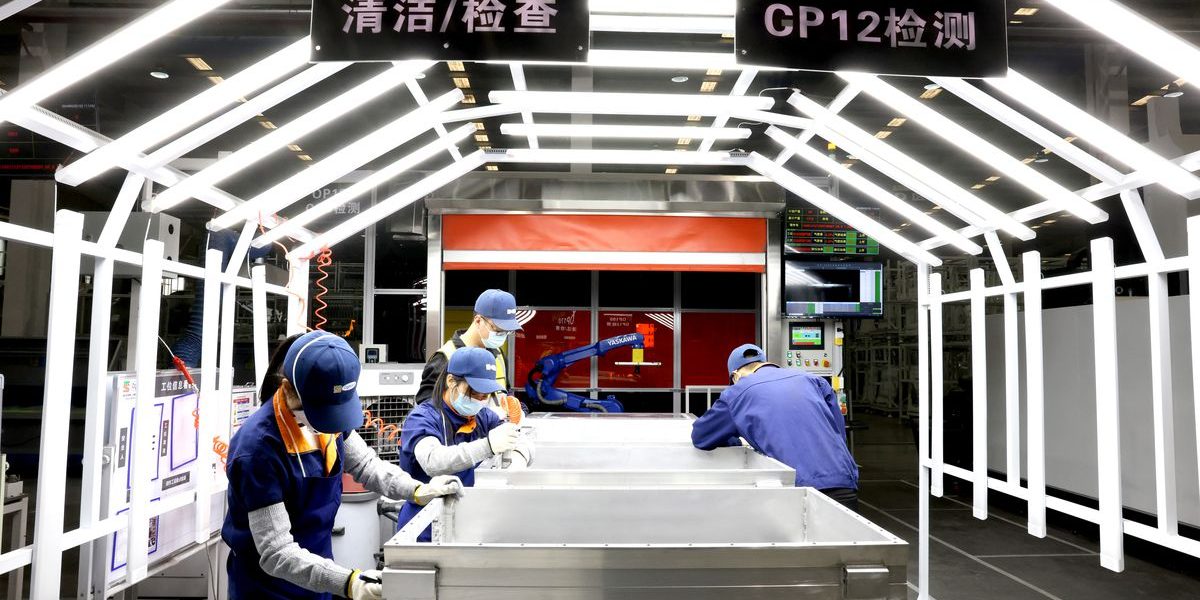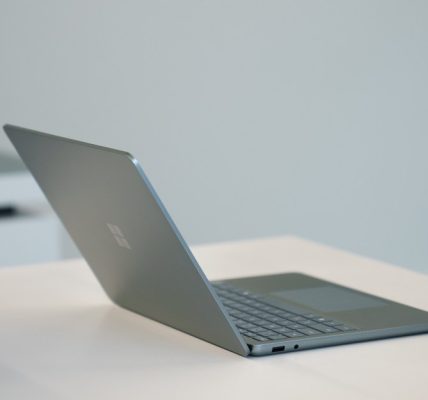Implications of the Trump era on the American Economy and Trade: The Case of Artificially Low-Material Chinese Imports
One of Donald Trump’s signature policy moves was to impose tariffs on China. Democrats warned that the economy would be hurt and that American consumers would pay the price.
Treasury Secretary Janet Yellen said in a statement that she raised concerns last month during a trip to Beijing about “artificially cheap Chinese imports,” concerns that she said many other countries share. She said the new tariffs are necessary to protect American workers and companies from what could become a flood of unfairly traded products.
Biden is pushing forward to implement several pieces of legislation that contain hundreds of billions of subsidies to bolster the domestic manufacturing and clean energy sectors, and ahead of a presidential election where trade and jobs will continue to be an issue.
“We know China’s unfair practices have harmed communities in Michigan and Pennsylvania and around the country that are now having the opportunity to come back due to President Biden’s investment agenda,” Lael Brainard, Biden’s top economic adviser, told reporters.
“One of the challenges is once tariffs have been imposed, it is quite difficult politically to reduce them — because the affected industry tends to get used to them, like them, operate with them as baked into their plans,” said Michael Froman, who was U.S. Trade Representative during the Obama administration.
The White House tried to keep its approach to be different from Trump’s. It points to comments made by Trump in rallies and interviews that he would broaden tariffs on all imported goods, including targeting Chinese cars, if he wins the election — something that they said would hike consumer prices.
During meetings with Chinese officials, the White house has said that the issues have been discussed and that they are unlikely to result in a response from China.
The US has been ramping up domestic manufacturing in the face of escalating trade tensions with China. All in all, the increased tariffs are expected to affect around $18 billion in annual imports.
When it comes to EVs, the Biden administration is doubling down on tactics to lock Chinese manufacturers out of the US. Chinese-made EVs are a lot more affordable than other options — around $10,000 for BYD’s Seagull compared to close to $40,000 for the cheapest Tesla model. High tariffs have made it difficult for China to import EV’s to the United States. The tariffs will be going to 100 percent from the current 25 percent.
The tariffs on certain critical minerals are going to rise from zero to 25 percent over the next couple of years. Graphite is used in batteries, solar panels, and steelmaking. Certain steel and aluminum products will see tariffs rise to 25 percent from today’s zero to 7.5 percent.
The decision to raise the tariffs on solar cells to 50 percent was celebrated by US-based solar manufacturers. “The Administration made the right decision to strengthen protections for solar components we seek to build in the U.S.,” Mike Carr, executive director of the Solar Energy Manufacturers for America Coalition, said in an emailed petition.
Forty percent of solar-grade polysilicon manufacturing takes place in China’s Xinjiang region and the US has barred imports due to concerns about human rights abuses in the supply chain.



